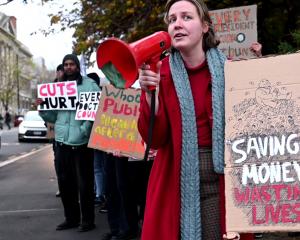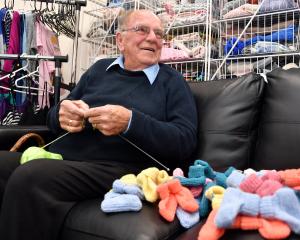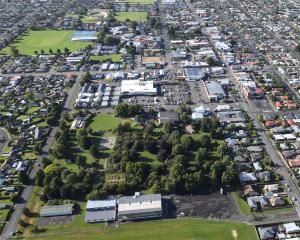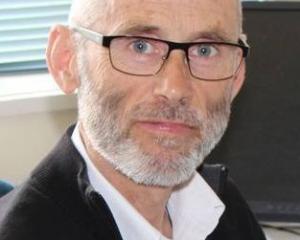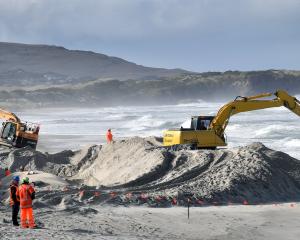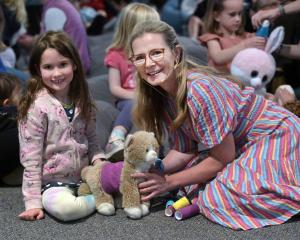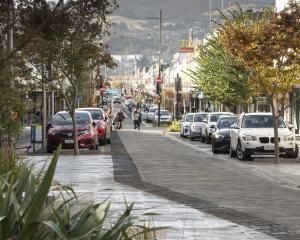Intensive efforts have gone into tackling Dunedin's youth unemployment this year. The Star reporters DAN HUTCHINSON and JONATHAN CHILTON-TOWLE take a look at successes so far and the challenges that remain.
Emma Hollamby got the best Christmas present ever this year - a job.
The 25-year-old was one of seven people on a Dunedin pilot programme called Farmhand that is attempting to link the city's young unemployed with jobs in the country.
Her story is similar to that of thousands of others who have left school and not gone straight into sustained fulltime work or study.
''I had [dairy farm] experience in the past and really enjoyed it but I was too young and wanted to live some life first.
''I had no idea how I was going to get back in because I didn't have a reference from when I was 19.''
Two other women on the course have decided to pursue a career on the farm by attending rural college Telford, a division of Lincoln University, based near Balclutha.
Project manager Annika Korsten said she was happy with three successes from the programme and hoped to expand it next year, subject to funding.
Farmhand is administered by the Malcam Charitable Trust alongside the larger Altitude programme.
Manager of that programme, Sonya Hill, said of the 40 people who had completed the course up until July this year, 92% had gone on to employment or fulltime study.
She said there were many difficulties for young people compared with a generation or two ago.
''Life just seems a lot more complex these days - so many choices and so many decisions to make at a young age ... a lot of technology, a lot of distractions, a lot of ways of filling in a day, very unproductively perhaps.''
Trust manager Andy Kilsby said youth unemployment was the number one social issue for Dunedin and a complicated problem to solve.
He said Dunedin was not a high-growth employment market - there was ''no pastoral boom sitting on our doorstep'', no large reconstruction project like Christchurch or a housing boom like Auckland - so it could be challenging to get a first job.
In South Dunedin, the Government has a trial under way called Base, which is aimed at improving the lives of youth, including a goal to get more people employed or into training.
Base manager Mary-Ann McKibben said its ''Base Camp'' programme, based on Balclutha's Ready Steady Work initiative, had achieved a good result this year.
Of the 45 youths to complete it, about 65% were in employment or training three months down the track.
''In these kinds of programmes, if you are getting above 50% then you are doing something right,'' Ms McKibben said.
Balclutha's Ready, Steady, Work programme was now offering opportunities for Dunedin people too because of the surplus of available jobs further south.The latest Household Labour Survey puts the unemployment rate for Dunedin under-19-year-olds at 20% and for 20 to 24-year-olds at 12%.
Methodist Mission director Laura Black said there was a shortage of entry-level jobs in Dunedin.
She said it was not always realistic for unemployed people to move to other centres to find work, as moving often came with huge social and financial costs. It was also beneficial to Dunedin to keep young people here, she said.
While Ms Black was interested to see if the Dunedin City Council's economic development plan would have much impact, she believed central Government had to be the big player in job creation in the regions.

